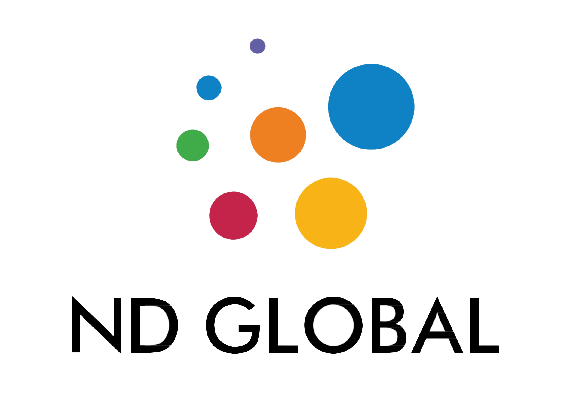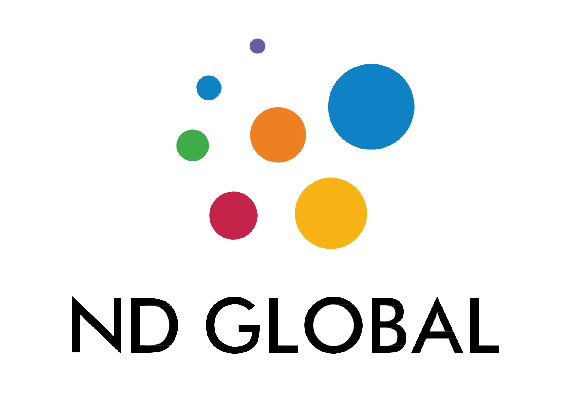Indeed, with the difficulty to recruit and retain their more experienced care workers, the health care environment today is dynamic and challenging. Caused by aging populations, and the high demand for specialized care, or a global pandemic putting pressure on most medical institutions such as hospitals, clinics, nursing homes, all of these globally have unmatched staffing shortages. Health care staffing agencies stand among the most important partners in this scenario for these organizations.
Outsourcing staffing needs to specialized agencies reduces the pressure on internal human resources departments and allows access to a wider talent pool, streamlines hiring processes, and ensures that regulatory standards are met. Let’s explore here on this blog the various roles healthcare staffing agencies serve and why outsourcing has become a lifeline to the success of the healthcare industry.
- Access to a Wider Talent Pool
Perhaps the greatest advantage of staffing agencies is their large databases of qualified, professional healthcare workers. Traditional hiring processes often shrink these organizations’ options to finding talent in the local area, which makes it a tougher situation to find specific, specialized positions, such as nurse practitioners or radiologists or medical technologists. Staffing agencies typically have great databases of candidates from a wide geographic area and sometimes even from a global community.
This network allows health organizations to access professionals with every variation of specialty, from seasoned and experienced staff members to recently joined members, and fill positions very quickly. Whether it is to temporarily fill in on short-term nurses to meet the surge in the demand for treatment during flu season or a permanent niche physician, staffing agencies provide an acuteness that can’t be achieved from internal hiring efforts.
- Temporary and Permanent Position Filling
Healthcare staffing agencies offer a complete spectrum of solutions for short-term and long-term staff requirements. In such an industry, the urgency to care for patients makes the time very crucial; any delay or gap in attendance will lead to a slow-diminishing delivery of service. Hence, the availability of ready professionals is essential. Temporary positions, commonly referred to as locum tenens, is a very sought-after solution that allows healthcare providers to manage a sudden increase in demand; otherwise, that institution is under-staffed or has employees on leave.
Temporary staffing can be most helpful in situations, such as when there is:
Seasonal Demand: Bringing flu season or other high periods of patients into the facility without overwhelming permanent staff by bringing in temporary nurse or physician services.
Maternity Leave, Sick Leave, or Vacations: Some firms make temporary replacements available from agencies when staff has to take extended leave, for example maternity leave, sick leave, or even vacations.
– Special Projects or Research: Some health facilities engage in research, clinical studies, or specific projects requiring the services of temporary personnel with specific experience.
Permanent recruitments are very well covered by agencies; apart from screening, they do thorough background checks and even compatibility tests to ensure that the person not only possesses qualifications but also the right culture fit.
- Cost and Time Efficiency
A good number of time and money are spent on recruiting health professionals, particularly more skilled workers. The procedures involve putting up the job advertisement, making short lists from applicants, interviewing, and checking credentials for those accepted. This process, as you would expect, would take weeks or even months. The cost related to this may pile up and range from publishing and sending job ads to various HR staff services.
Outsourcing these activities to a staffing agency significantly reduces time and costs. Staffing agencies have much of the groundwork in terms of screening and pre-qualifying candidates. This allows health care organizations to cut their time-to-hire while attaining improved care for patients rather than assigning human resource management personnel to carry out the hiring processes for recruiting.
The other benefit that staffing agencies give the healthcare provider is the absorption of all payroll, benefits, and other employment-related cost liabilities when looking at temporary workers. In this regard as well, overhead is lessened and assists the health services provider to budget better.
- Experience in Managing Compliance and Related Regulations
The healthcare industry is one of the most regulated markets. This industry has very high standards in hiring, certification, and credentials. Qualifications and compliance standards among staff members are critical for patient safety but also tend to protect hospitals from legal liabilities and the necessary penalties that come with contravening such high standards.
Staffing agencies are specialty firms that have professionals well-versed in all the regulations in existence, from state to national to international. They guarantee that every professional hired for an organization is properly licensed and certified. Staffing agencies also make arrangements for background checks, drug screenings, and other pre-employment verifications needed for compliance, thus saving a healthcare organization from the potential mess of non-compliance.
For example, recruitment agencies will ensure the active licenses of nurses are current and that continuing education requirements are met. Regarding international healthcare workers, the agencies will manage all applicable paper workings with regard to visa sponsorships and general following of immigration law. Such expertise strongly reduces the risk for health organizations while ensuring that all staff are thoroughly compliant with all industry standards.
- Talent Flight and Retention
High percentages of turnover are mainly connected with nursing and other front-line workers within very stressful working environments. The loss of an important member in any healthcare team leads to a ripple effect within the organization, affecting morale, increasing workload, and ultimately patient care.
Staffing agencies contribute much to improving retention due to their ability to match the right candidate with the right job. They have the resources and expertise to assess candidates not only for skills but also about cultural fit within the organization; therefore, individuals who become part of the organization are more likely to stay for long periods of time due to alignment with values and working conditions.
Moreover, by providing staff on a temporary basis, agencies prevent an organization’s burnout among permanent personnel that is the main cause of turnover. Peak load can be absorbed with the help of temporary workers; hence, full-time people can take needed breaks and not be overworked, usually causing resignation.
- Flexibility in Crisis Situations
Adaptability has been brought to the forefront of healthcare staffing as a result of the COVID-19 pandemic. With influxes of patients arriving in hospitals, staffing agencies deployed their health workers more rapidly, and while some agencies with longer-established networks would utilize qualified professionals from travel nurses and respiratory therapists through allocation into the worst-hit areas, others were completely out of luck in terms of the availability of such resources.
This flexibility is one of the primary reasons why the outsourcing of staffing needs to an agency needs to be really important at any time of a crisis. Whether the government is fighting a global pandemic, a natural disaster, or just any emergency, such staffing agencies can easily provide extra manpower not to disrupt health care services.
This has brought about the significance of healthcare staffing agencies that allow them to become a critical component in the delivery of quality and efficient healthcare services. The benefits of health care staffing agency outsourcing are broad-ranging from opening up access to talent and temporary, as well as permanent, positions, cost savings on hiring and compliance.
As an industry, patient care cannot be compromised, and timely staffing solutions would become critical; thus, healthcare organizations would be in a better position to meet routine and urgent needs by partnering with staffing agencies. Ensuring that staffing functions are outsourced is no longer an option but a strategic necessity as the demands on the healthcare system continue growing.










